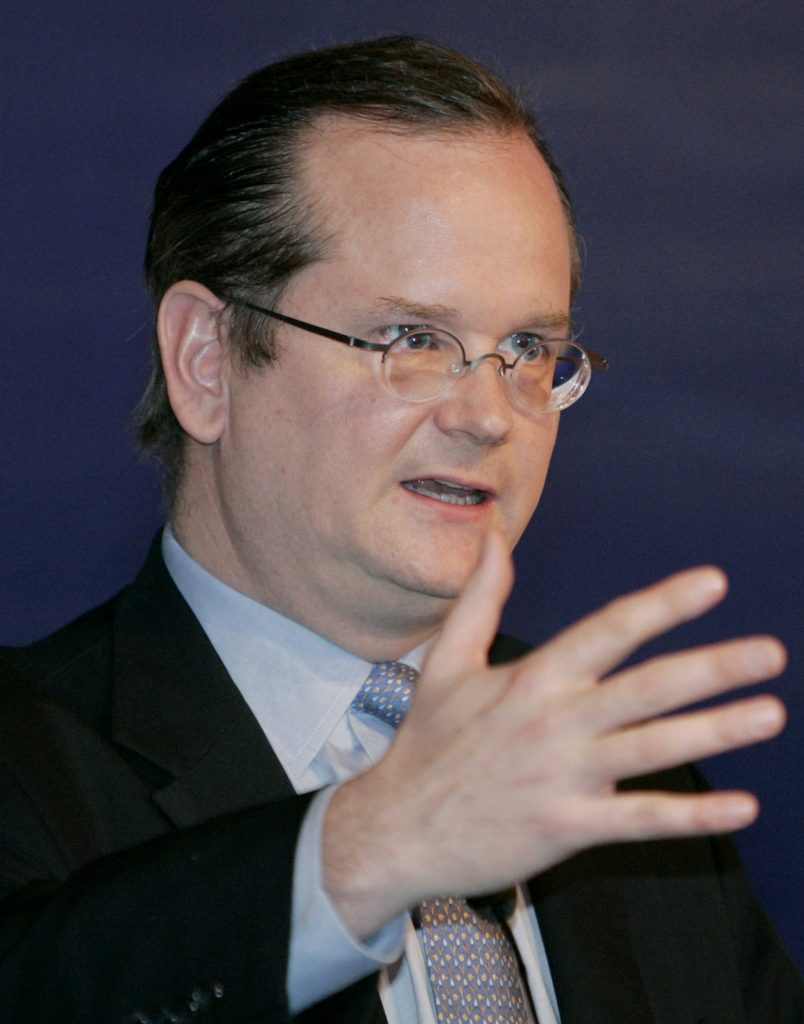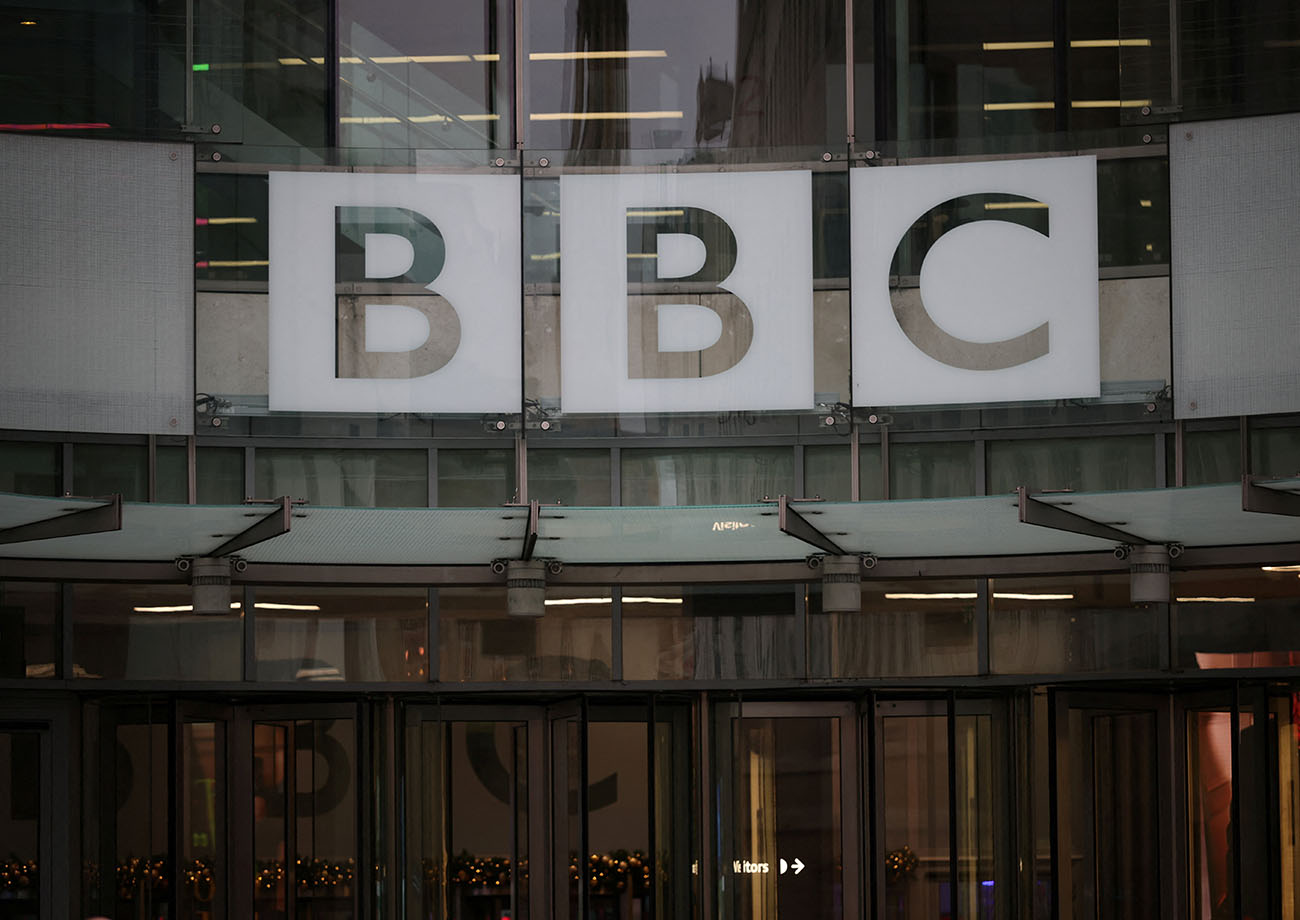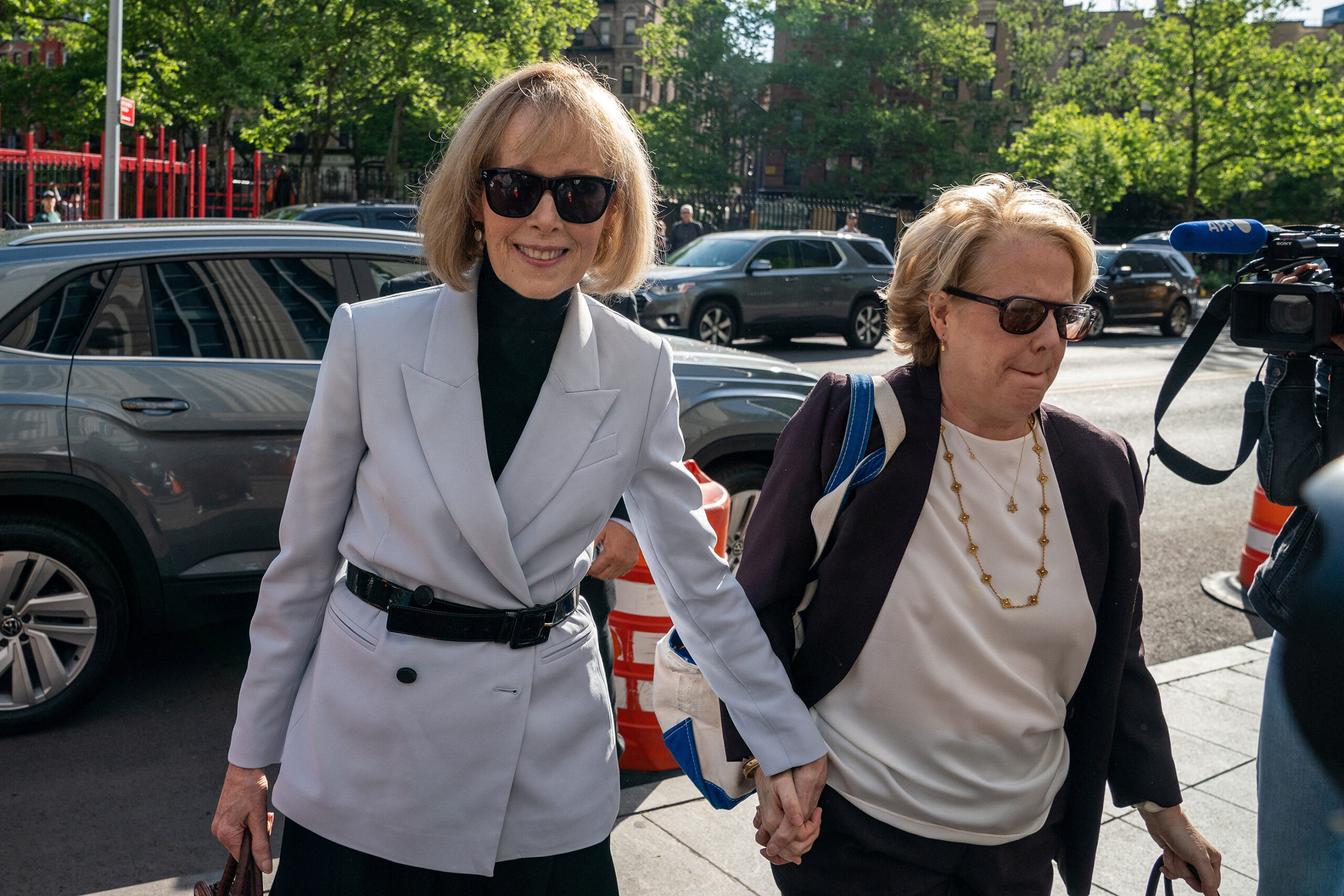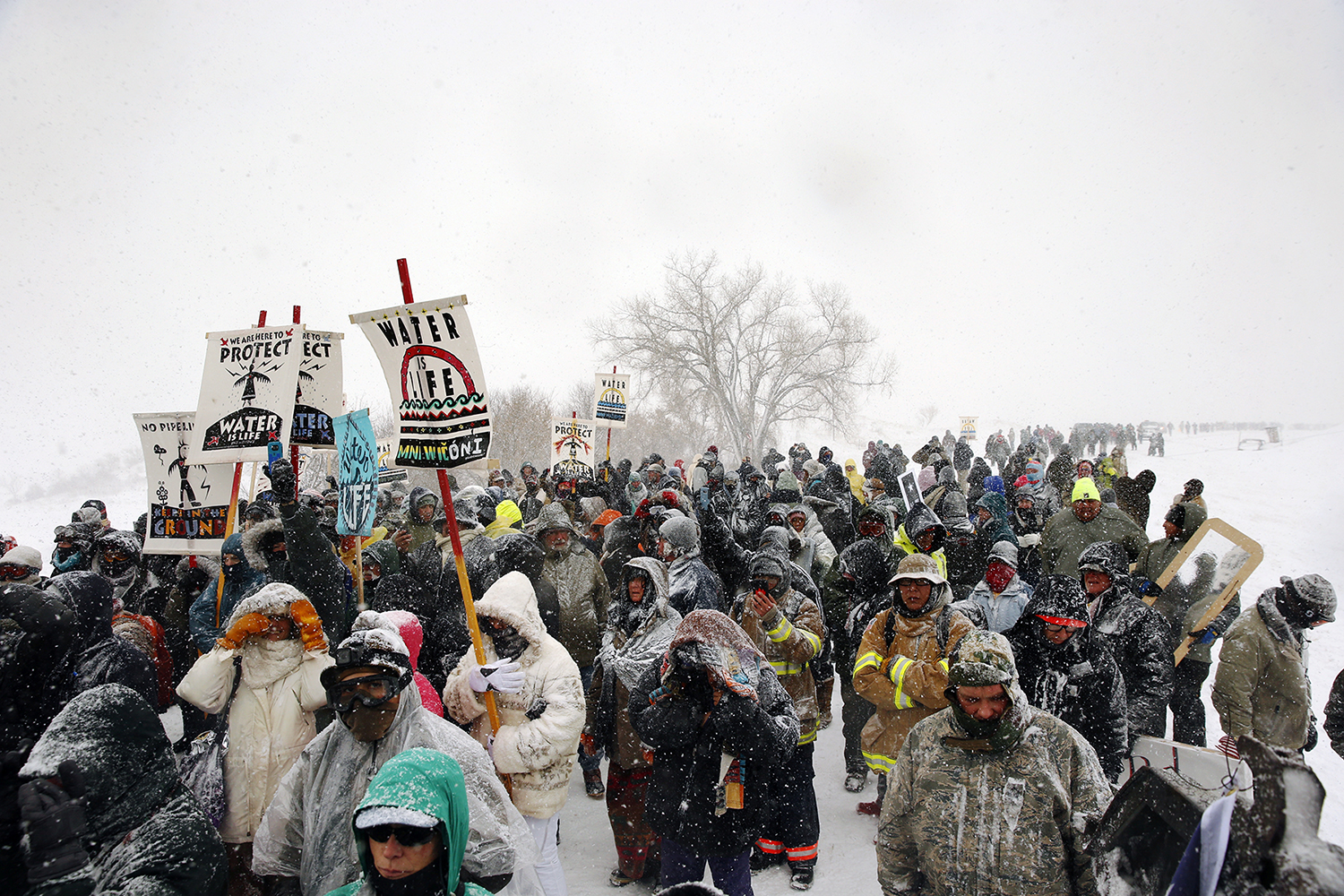On April 13, Lawrence Lessig, a Harvard Law professor, dropped his defamation suit against The New York Times after it made changes to an earlier story about Lessig’s defense of a Massachusetts Institute of Technology official who accepted donations from the late Jeffrey Epstein.
View previous story: Harvard Law Professor Files Defamation Suit Against The New York Times Over Epstein Donation Story
In September 2019, The Times ran an article entitled, “A Harvard Professor Doubles Down: If You Take Epstein’s Money, Do It In Secret.” The article was written in the wake of the revelation that MIT’s Media Lab director, Joichi Ito, had knowingly accepted money from the infamous Epstein. The lede reads: “It is hard to defend soliciting donations from the convicted sex offender Jeffrey Epstein. But Lawrence Lessig, a Harvard Law professor, has been trying.”
Lessig objected to the newspaper’s characterization of his analysis, and filed a defamation suit against The Times on January 13,th in the U.S. District Court for the District of Massachusetts.
During the week of April 6th, The Times changed the original story’s headline and lead paragraph, and added an editor’s note that said that the updates more accurately depicted Lessig’s positions.
“An earlier version of this article referred imprecisely in the lead paragraph to the views of Professor Lawrence Lessig,” reads the editor’s note. “The lead has been edited to reflect that while Mr. Lessig defended Joi Ito, who had accepted anonymous donations from Jeffrey Epstein, he said he would prefer that institutions not accept such money. The headline has also been changed, and this version of the article now has the same headline as in the print edition of The Times.”
In an interview with The Hill, Lessig says that while he’s satisfied with the changes, he’s nonetheless concerned about what he views as the media’s increasing reliance on “clickbaiting” to drive readership. “I don’t think we should be suing papers except in the most extreme cases, but on the other hand I think newspapers have to make sure that if they’re going to start selling ads on the basis of the click-throughs from headlines, they need to continue to make sure that their headlines are accurate and fair,” Lessig said.
Tags



